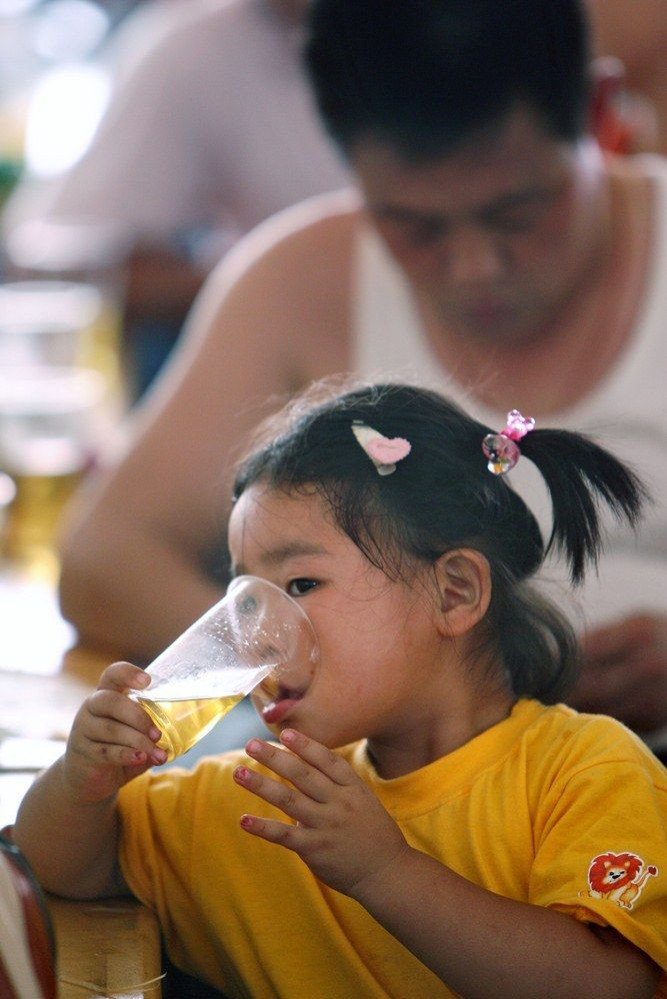Offering Alcohol Sips To Children May Lead To Later Heavy Alcohol Use, Study Says

Allowing children to have occasional sips of alcohol could be dangerous. According to the new US study, children who were offered sips of alcohol are more likely to drink heavily in their teens.
In the published study found in the Journal of Studies on Alcohol and Drugs involving 561 children, alcohol given to children by age 11 will result to kids who will experience getting drunk or binge drinking by the time they reach high school. The study was based on a survey conducted for three years on Rhode Island school children.
Researchers from the Center for Alcohol and Addiction Studies at Brown University found that letting kids have a taste of alcohol even before reaching the sixth grade will be five more times likely to take a full drink upon reaching the ninth grade compared to children who had never taken a sip.
According to the lead researcher, Dr Kristina Jackson, giving children early sips of alcoholic drinks can give out a “mixed message” for the young minds. She explained how kids cannot really distinguish a sip of wine from drinking a full beer at such an early age.
The study refutes the common belief that children who are offered early sips of alcohol will less likely find the beverage tempting when they grow up. Jackson said their study provides evidence contrary to that popular belief.
While the research shows that there is a correlation between early alcohol sipping to later alcohol use, the experts do not wish for parents to overreact if they already have offered sips of the booze. "I don't think parents need to feel that their child is 'doomed,' Jackson said.
Based on the survey, at around age 11, about 30 per cent of the children claimed that they have at least tried sipping an alcoholic beverage. In most cases, parents are usually the ones to offer the drink during special occasions.
"Our findings underscore the importance of advising parents to provide clear, consistent messages about the unacceptability of alcohol consumption for youth," Jackson said.
To contact the writer, email: wendylemeric@gmail.com





















